
You’ve seen Apple’s internal memo to employees on the verdict, now here’s Samsung’s
We were the first to deliver Tim Cook’s internal memo on Apple’s trial victory. Here’s the other side of the coin:
[Internal Memo] Regarding the Jury Verdict in California
On Friday, August 24, 2012, the jury verdict in our trial against Apple was announced at the US District Court for the Northern District of California. The following is an internal memo that reflects Samsung’s position regarding the verdict:
We initially proposed to negotiate with Apple instead of going to court, as they had been one of our most important customers. However, Apple pressed on with a lawsuit, and we have had little choice but to counter-sue, so that we can protect our company.
Certainly, we are very disappointed by the verdict at the US District Court for the Northern District of California (NDCA), and it is regrettable that the verdict has caused concern amongst our employees, as well as our loyal customers.
However, the judge’s final ruling remains, along with a number of other procedures. We will continue to do our utmost until our arguments have been accepted.
The NDCA verdict starkly contrasts decisions made by courts in a number of other countries, such as the United Kingdom, the Netherlands, Germany, and Korea, which have previously ruled that we did not copy Apple’s designs. These courts also recognized our arguments concerning our standards patents.
History has shown there has yet to be a company that has won the hearts and minds of consumers and achieved continuous growth, when its primary means to competition has been the outright abuse of patent law, not the pursuit of innovation.
We trust that the consumers and the market will side with those who prioritize innovation over litigation, and we will prove this beyond doubt.
If, when you read “History has shown there has yet to be a company that has won the hearts and minds of consumers and achieved continuous growth, when its primary means to competition has been the outright abuse of patent law, not the pursuit of innovation.” you thought “Microsoft!”, you are not alone.
Expand
Expanding
Close

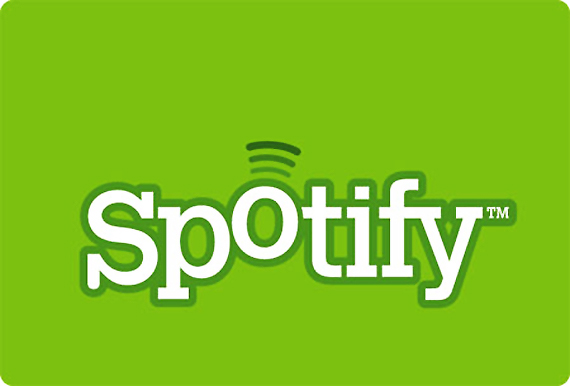
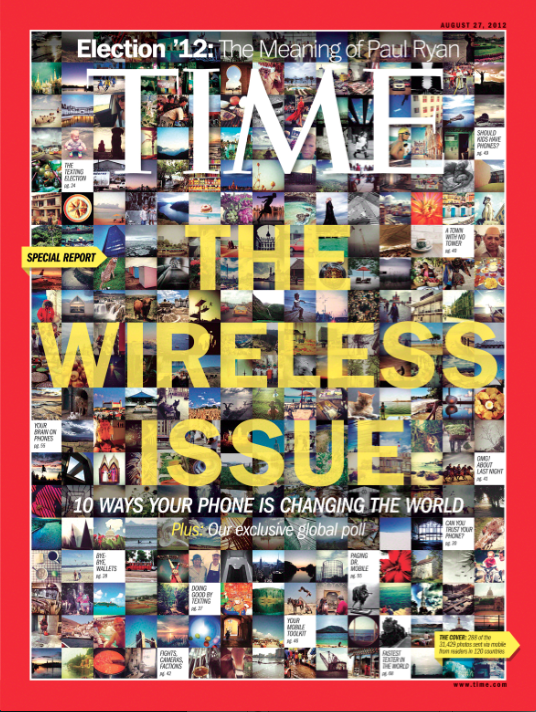
 .
.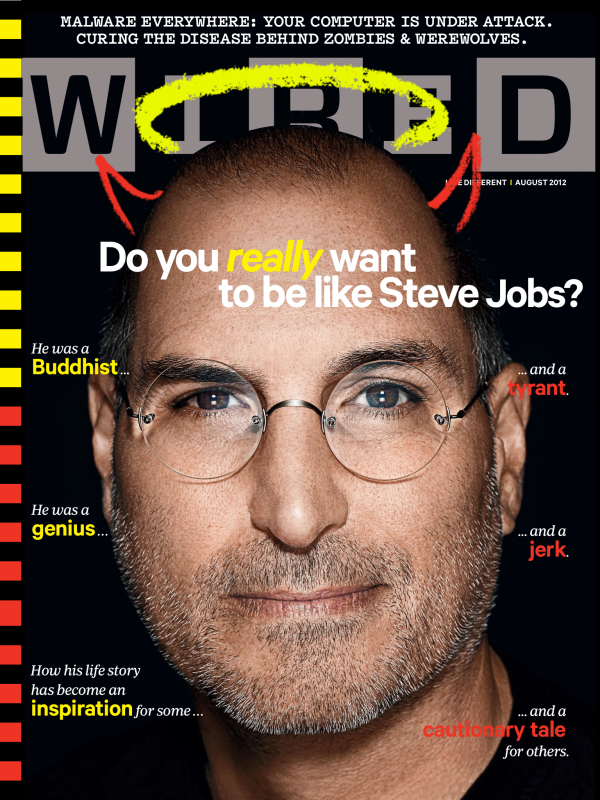
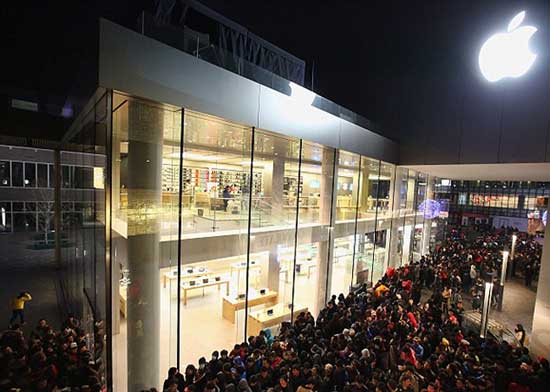
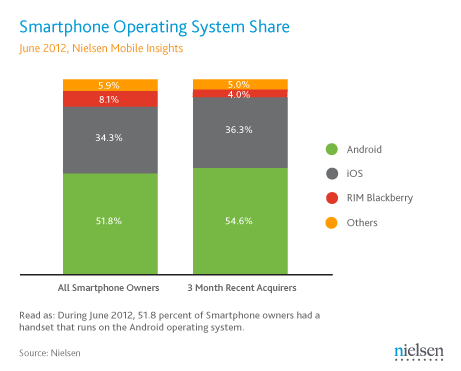
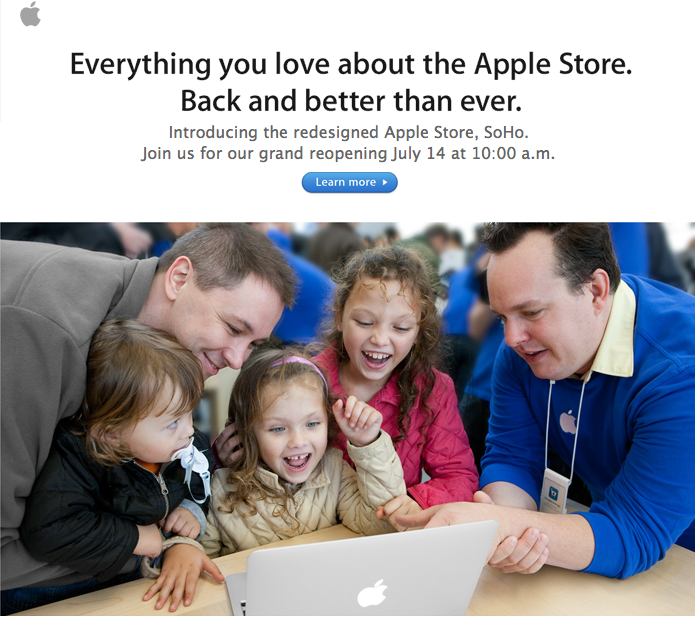
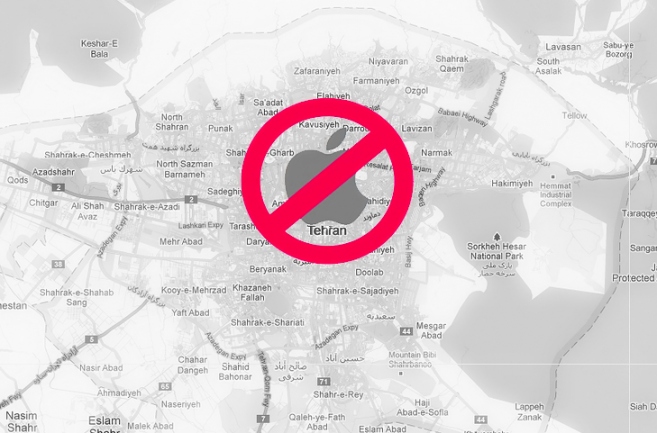
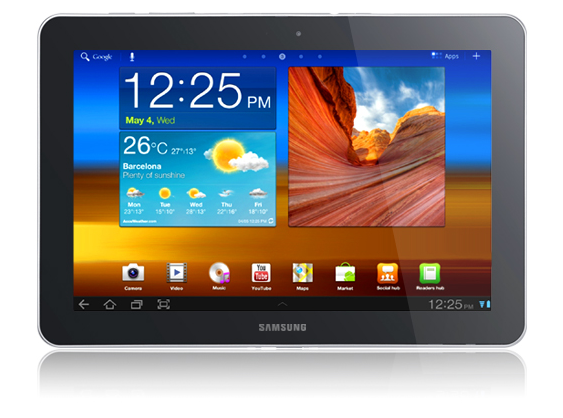
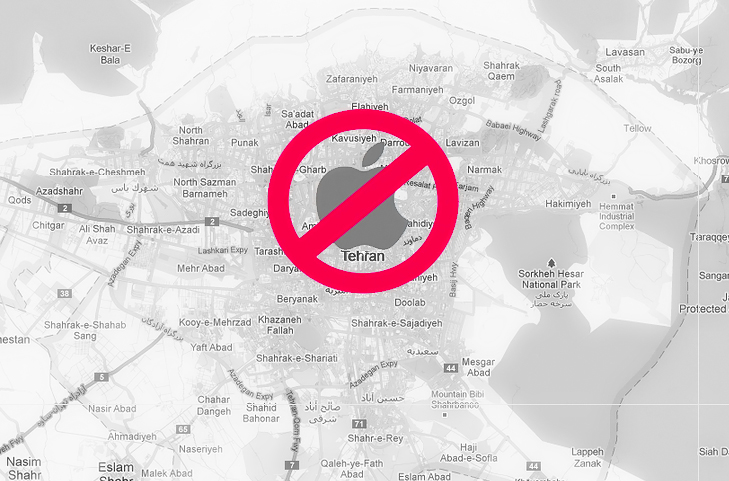
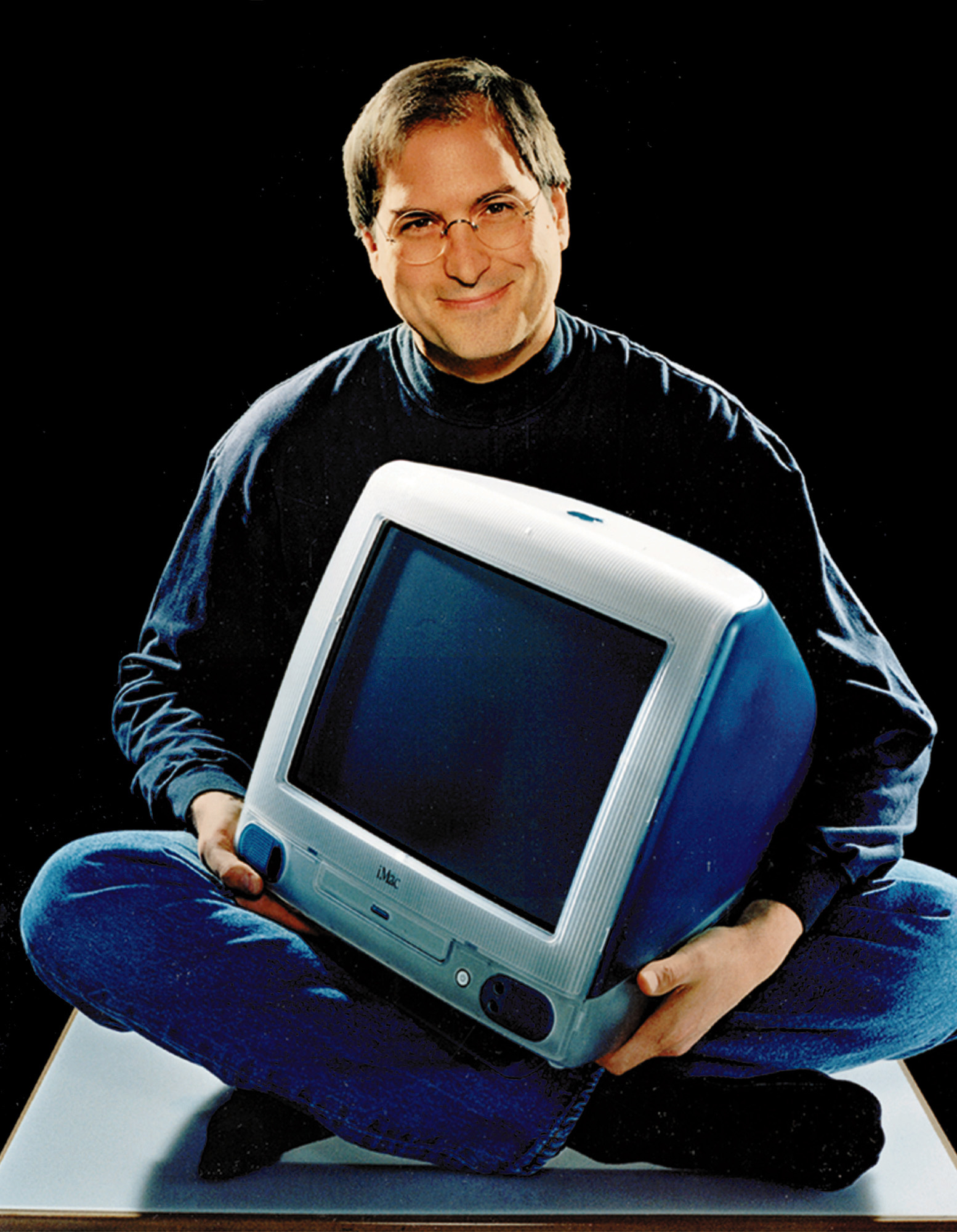


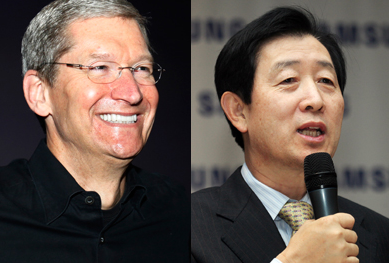 A couple days ago, we updated you on the ongoing legal battle between Samsung and Apple with Reuters reporting Samsung chief JK Shin was
A couple days ago, we updated you on the ongoing legal battle between Samsung and Apple with Reuters reporting Samsung chief JK Shin was 


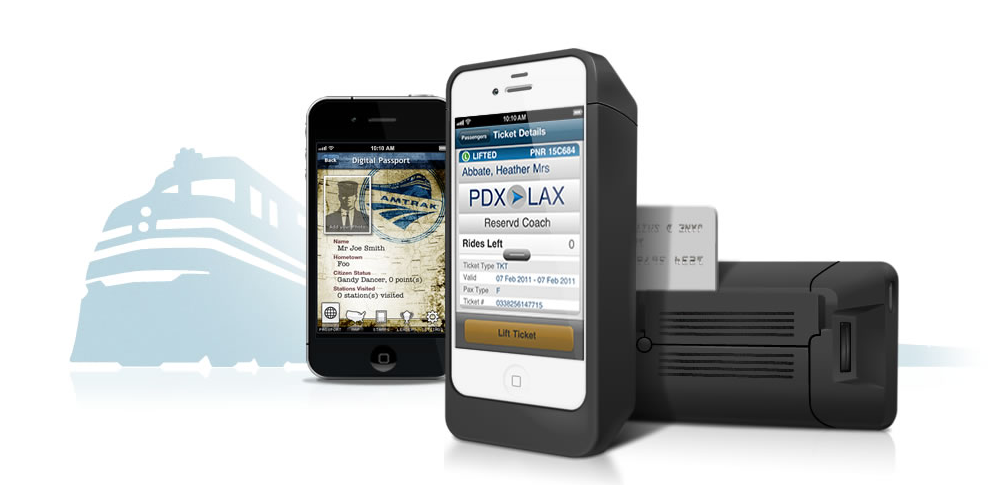

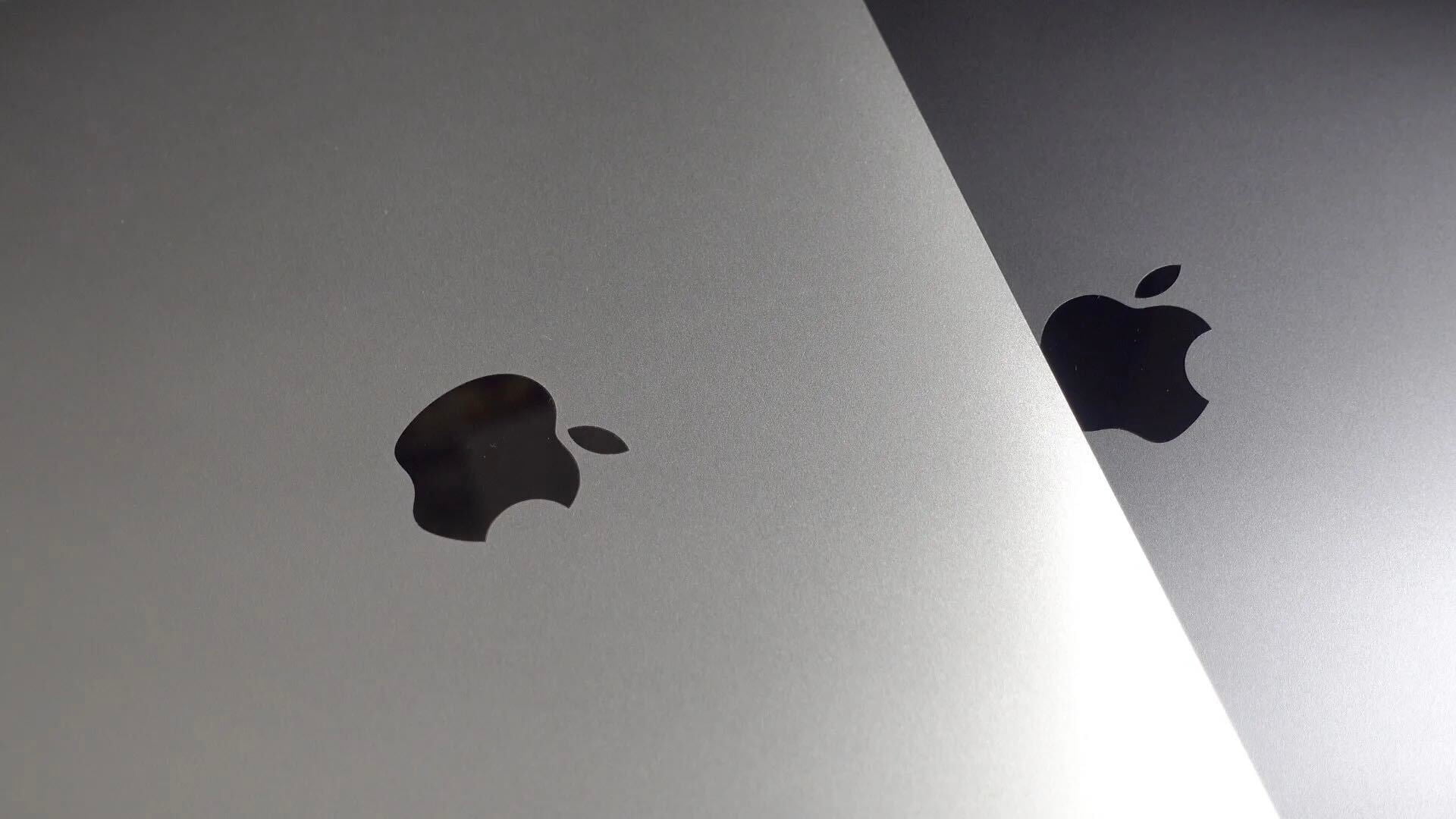
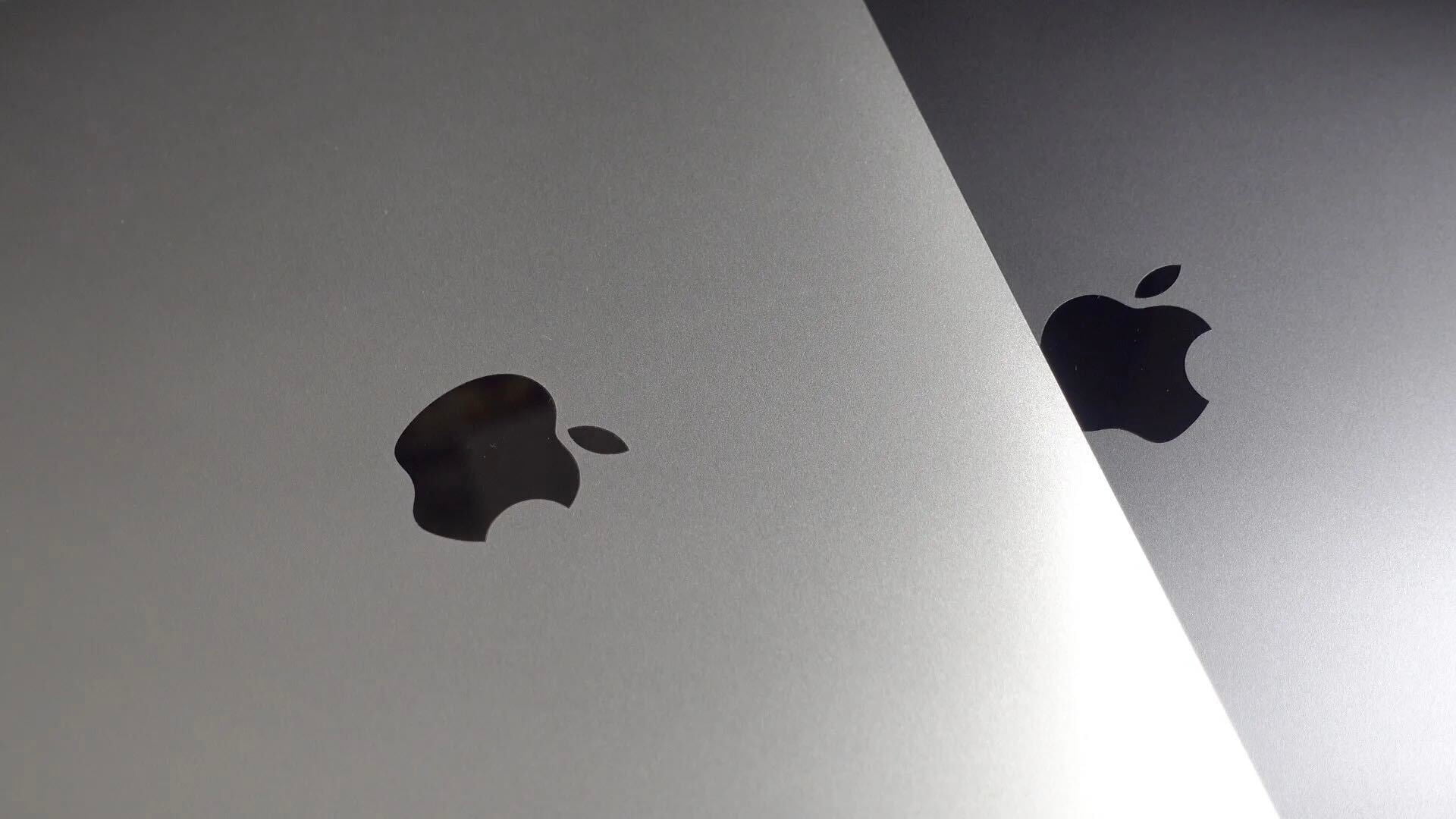
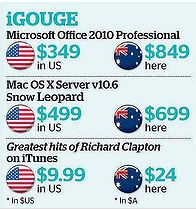
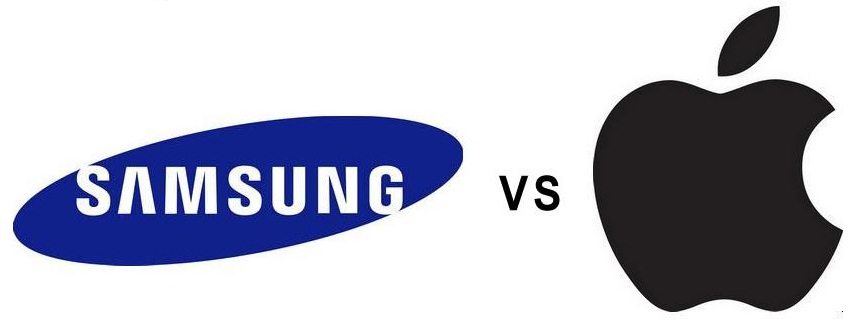 Earlier this month, we reported Apple’s CEO Tim Cook and Samsung’s CEO Gee-Sung Choi
Earlier this month, we reported Apple’s CEO Tim Cook and Samsung’s CEO Gee-Sung Choi